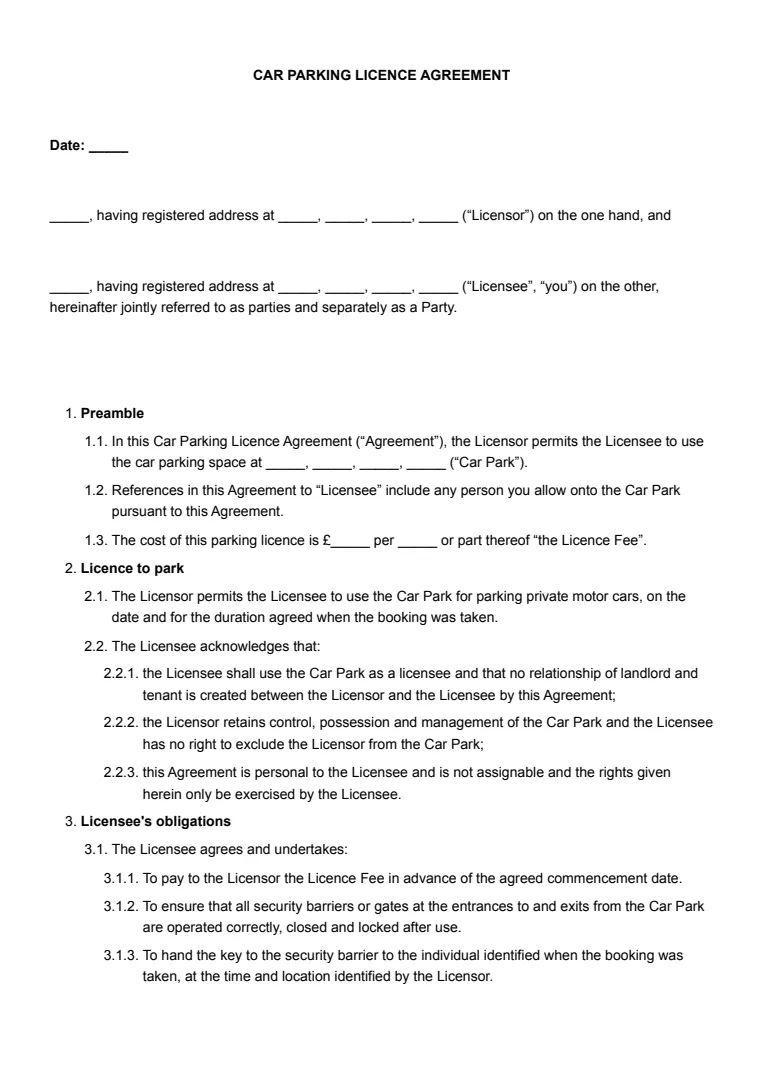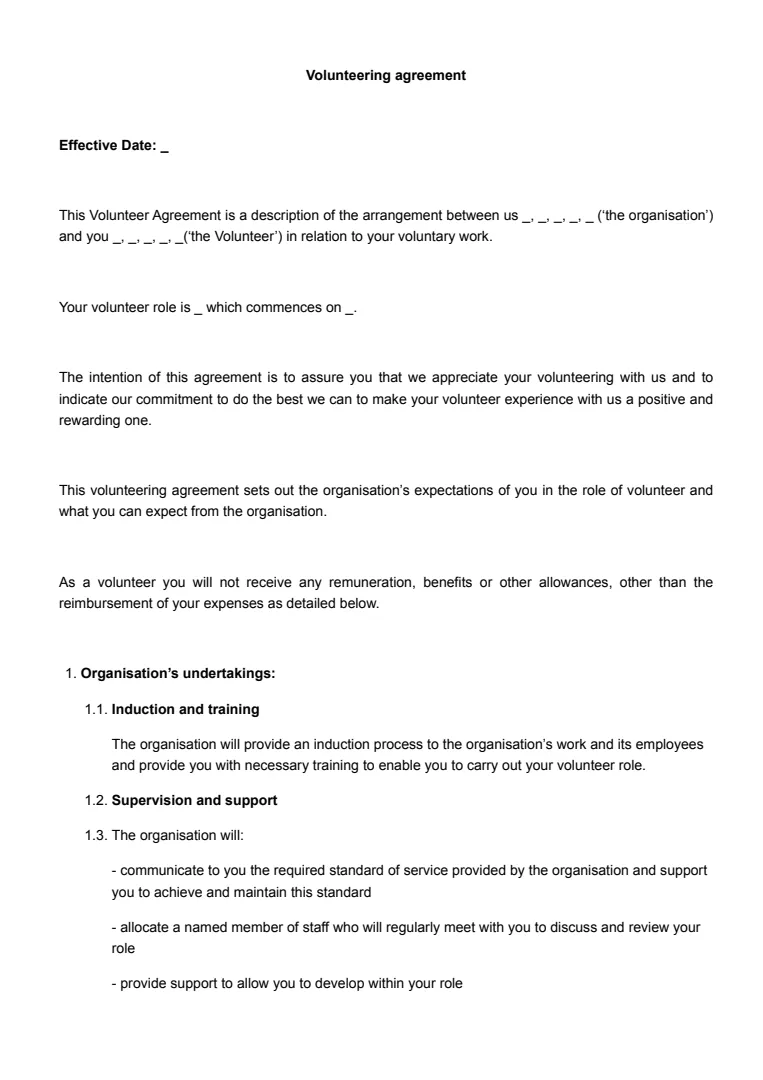What Is a Power of Attorney?
A Power of Attorney is a critical legal document. It allows you, the donor, to grant someone else, known as the attorney, the authority to make decisions on your behalf. This can cover financial and personal welfare decisions, depending on the type of Power of Attorney established.
There are different types of Powers of Attorney:
- Ordinary Power of Attorney: This is temporary and is often used if you're abroad or recovering in the hospital. It usually focuses on financial decisions.
- Lasting Power of Attorney (LPA): This provides long-term authority, covering both financial matters and health or care decisions.
You must establish a Power of Attorney while you have the mental capacity. Without this document, you may face difficulties if ever incapacitated. Having this document in place ensures your preferences and best interests are maintained when you can’t make decisions yourself.
When Is a Power of Attorney Needed?
A Power of Attorney is necessary when you need someone to make financial or health-related decisions on your behalf. This can be temporary or long-term, depending on your situation.
Financial Decisions
If you’re unable to manage your finances due to illness or absence, a property and financial affairs Lasting Power of Attorney allows your attorney to handle your banking, investments, and payment of bills.
Daily Routine and Medical Care
A health and welfare Lasting Power of Attorney becomes vital when you can’t make decisions regarding your daily routine, such as eating, washing and dressing, or medical care, especially if you’re incapacitated or hospitalised.
Care Home Arrangements
Deciding on appropriate care home arrangements is another area where a health and welfare Lasting Power of Attorney is important. Your attorney can select the most appropriate residence for you and manage the associated financial responsibilities.
Having a Power of Attorney ensures that your preferences are respected even when you’re unable to communicate them. Whether for financial management or personal care, a Power of Attorney provides peace of mind during challenging times.
How to Write a Power Of Attorney
Creating a Power of Attorney involves several important steps. Understanding and correctly following these steps will ensure your document is effective and valid.
Step 1: Determine the Type of Power of Attorney
First, decide whether you need an Ordinary or Lasting Power of Attorney. Each type covers different needs, so consider your circumstances carefully. A Lasting Power of Attorney is essential if you want it to continue if you become incapacitated.
Step 2: Select Your Attorney
Choose someone you trust to act on your behalf. An attorney can be a family member, friend, or professional like a solicitor.
It’s crucial to discuss their responsibilities with them before including them in the document.
Step 3: Draft the Document
You can write a Power of Attorney yourself or use an online service for guidance. Ensure you clearly outline the attorney's powers, including any limitations.
It's advisable to seek advice from a solicitor or an advice line if you need assistance.
Step 4: Choose a Certificate Provider
A certificate provider is needed to confirm you understand what signing a Power of Attorney means. This person could be a professional like a solicitor or someone you’ve known for over two years.
Step 5: Gather Signatures
Once drafted, you and your attorney need to sign the document. Depending on the type of Power of Attorney, witnesses might also need to sign it. Each signature should be completed in accordance with legal requirements to ensure validity.
Step 6: Register the Document
In the UK, you need to register a Lasting Power of Attorney with the Office of the Public Guardian (OPG). There are fees associated with this process, and registration is essential for the document to be legally binding.
Step 7: Review and Update
Regularly review and update your Power of Attorney as needed, ensuring it always reflects your current intentions.
For professional advice, consider consulting a solicitor or contacting an advice line.














